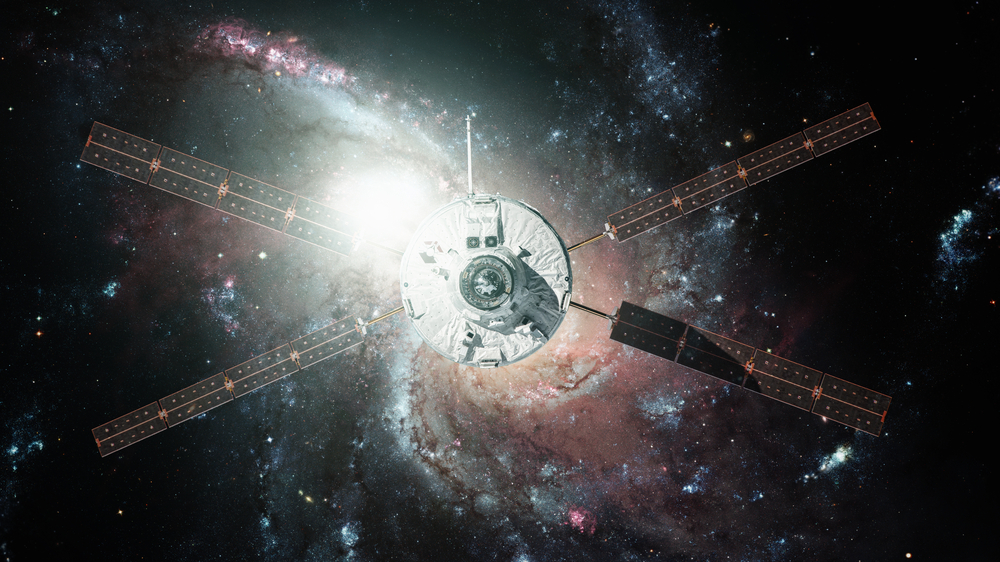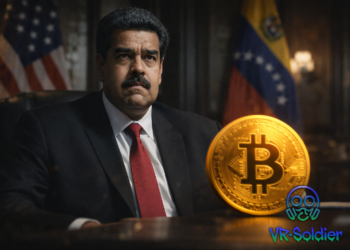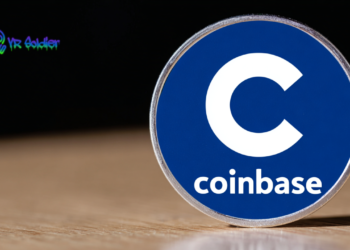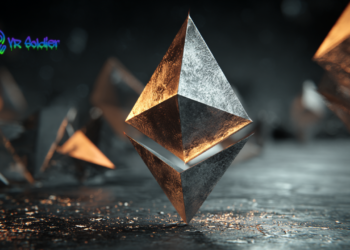A peculiar correlation exists between virtual reality and space exploration. Especially when it comes to space travel, astronaut training, and even scientific research, VR can make a very big impact moving forward. The European Space Agency is tapping virtual reality as a way to learn more about how the brain handles changes in gravity.
European Space Agency Conducts VR Trials
Known as the Gravitational References for Sensimotor Performance, the European Space Agency has a very big plan for virtual reality technology. The purpose of this experiment is determining how microgravity influences the human brain. Especially when it comes to grabbing or manipulating objects in space, learning more about these concepts in virtual reality can yield valuable information.
This particular experiment tackles a very important problem. Scientists still do not fully understand how the human brain processes information from multiple sources when it comes to changes in gravity. Since our bodies respond in a completely different manner in zero-gravity, it is evident any new insights will be most helpful. Hand-eye coordination is incredibly important for astronauts and understanding how the brain perceives these situations is a key hurdle to overcome.
These experiments are conducted aboard the International Space Station. Astronauts put on a VR headset which is coupled to a laptop with a custom graphical and audio system. Through this simulation, the astronauts are asked to perform different tasks. A 3D motion tracker displays the responses to movements of various body parts in real time.
Conducting these experiments in space is not sufficient to get baseline information. The same tests are repeated on Earth to get a better understanding of any differences which may occur in the process. Any information gathered from this experiment can lead to breakthroughs in dealing with vertigo, balance issues, and improving spatial orientation. Additionally, it can also be used for future astronaut training program or even remote equipment operations.
If you liked this article make sure to follow us on twitter @thevrsoldier and subscribe to our newsletter to stay up to date with the latest VR trends and news.












